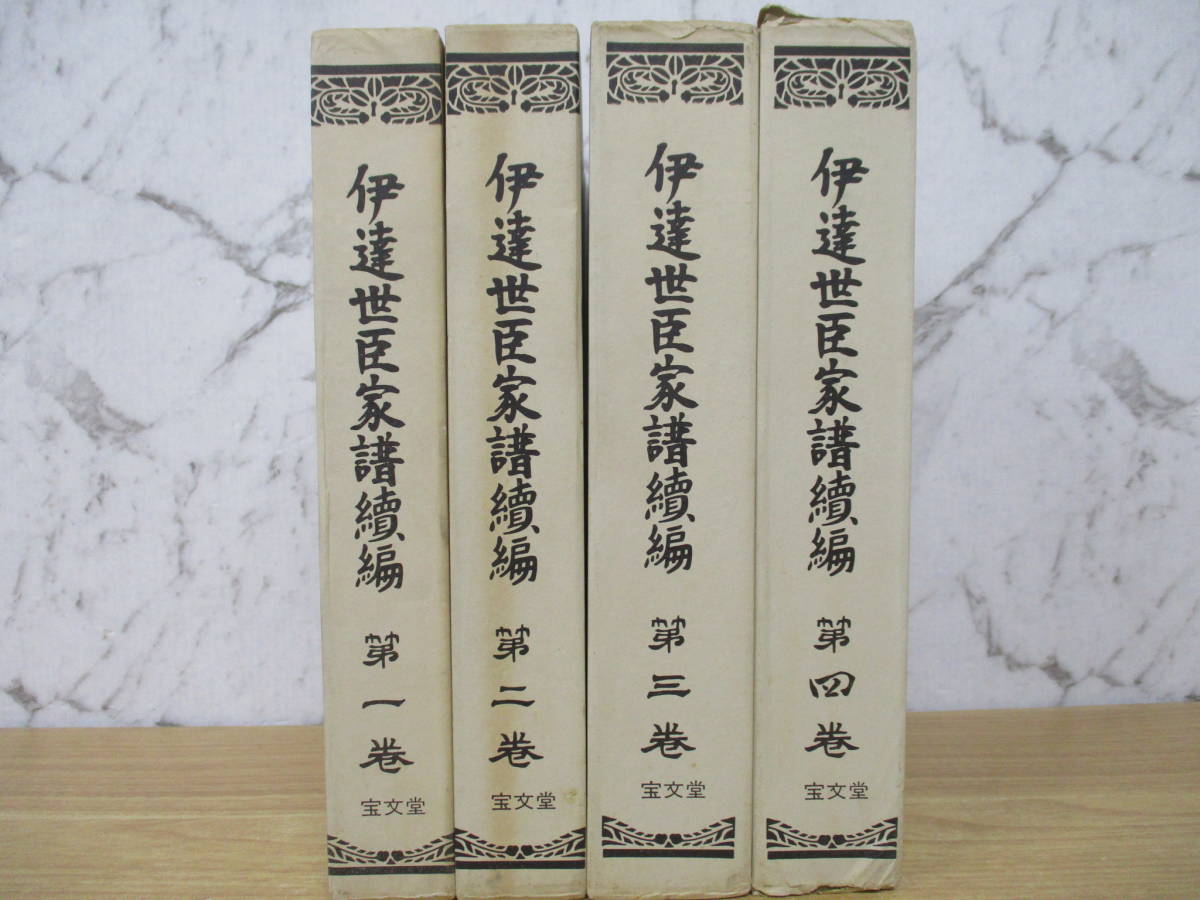-
シーンから探す
- 季節、空調家電
- ニットキャップ/ビーニー
- 季節、空調家電
- 腕時計(アナログ)
- プラモデル
- フィルムカメラ
- 中古車・新車
- 岐阜県のスポーツ
- 工具、DIY用品
- クラブ
- サングラス/メガネ
- キャンプ、アウトドア用品
- ペット用品
- その他
- 切手、はがき
- リュック/バックパック
- キャンプ、アウトドア用品
- 旧貨幣/金貨/銀貨/記念硬貨
- 楽器、器材
- 福島県の自転車
- 人形、キャラクタードール
- 工具、DIY用品
- ネイル
- オートバイ車体
- フィギュア
- 調理器具
- 農業
- リール
- カウル、フェンダー、外装
- レザージャケット
- バッグ
- タブレット
- 武具
- ロッド
- ぬいぐるみ
- ワークパンツ/カーゴパンツ
- ベース
- アイドル
- 工具、DIY用品
- ハンドクラフト、手工芸
- エンタメ その他
- トートバッグ
- アンサンブル
- ブランド別
- ミリタリー
- ひざ丈ワンピース
- クラブ
-
贈る相手から探す
- 調理器具
- 自転車、サイクリング
- パーツ
- サンダル
- キャラクターグッズ
- 食器
- ゴルフ
- 工具、DIY用品
- 食器
- トレーニング用品
- PC周辺機器
- その他
- ボード
- バッグ
- サングラス/メガネ
- バッグ
- オフィス家具
- 農業
- 腕時計(アナログ)
- エレキギター
- メンズファッション
- ヘアケア/スタイリング
- 鹿児島県のその他
- 自動車/バイク その他
- 美容/健康
- 工具、DIY用品
- リール
- その他
- 工具、DIY用品
- その他
- サングラス/メガネ
- スニーカー
- その他
- 工具、DIY用品
- 長財布
- 応援グッズ
- クラブ
- ロッド
- フィルムカメラ
- その他
- シャツ
- 工具、DIY用品
- コスメ、スキンケア
- その他
- 植物/観葉植物
- 鉄道模型
- レディースファッション
- 人文、社会
- デニム/ジーンズ
- ブルゾン
- PC周辺機器
- 鉄道模型
- スニーカー
- デスクトップ型PC
-
カテゴリから探す
- その他
- ネックレス
- ダイニングセット
- おもちゃ/ぬいぐるみ
- Gジャン/デニムジャケット
- オートバイ
- ボストンバッグ
- スポーツ別
- 楽器、器材
- バンダナ/スカーフ
- コスメ、スキンケア
- ショートパンツ
- 工具/メンテナンス
- トレンチコート
- スポーツ別
- ポケモンカードゲーム
- 外装、エアロパーツ
- ポスター
- スキンケア/基礎化粧品
- カワサキ
- 船、ボート
- クラブ
- ロッド
- スニーカー
- Tシャツ/カットソー(半袖/袖なし)
- 雑貨
- レコーディング/PA機器
- ノートPC
- オートバイ車体
- 工具、DIY用品
- ブランド別
- カメラ、光学機器
- 小物
- フィギュア
- コスプレ衣装
- スニーカー
- 工具、DIY用品
- SF/ファンタジー/ホラー
- 山形県のその他
- 長野県のその他
- SF/ファンタジー/ホラー
- コスメ、スキンケア
- アンプ
- おまとめ注文・法人のお客様
●【送料無料】大山功 油絵額F6金 「奥入瀬」● ベスト
-
商品説明・詳細
-
送料・お届け
商品情報
残り 2 点 52,800円
(135 ポイント還元!)
翌日お届け可(営業日のみ) ※一部地域を除く
お届け日: 11月27日〜指定可 (明日16:00のご注文まで)
-
ラッピング
対応決済方法
- クレジットカード
-

- コンビニ前払い決済
-

- 代金引換
- 商品到着と引き換えにお支払いいただけます。 (送料を含む合計金額が¥291,028 まで対応可能)
- ペイジー前払い決済(ATM/ネットバンキング)
-
以下の金融機関のATM/ネットバンクからお支払い頂けます
みずほ銀行 、 三菱UFJ銀行 、 三井住友銀行
りそな銀行 、ゆうちょ銀行、各地方銀行 - Amazon Pay(Amazonアカウントでお支払い)
-

























奥入瀬川の美しい自然を描いた油絵です。川のせせらぎが聞こえそうな程リアルです。
奥入瀬川の爽やかな清流の流れを再現した上質な油絵です。
壁掛けひも付き。
●商品サイズ/約460×552×55mm 重量2500g
●材質/フレーム:樹脂
●日本製
※一枚一枚手描きの為、色彩・形状が多少異なる場合がございます。
※シーズン途中でフレーム等が変更になる場合がございます。■5年品質保証
年数が経ち、前面のアクリル(ガラス)が色あせ、傷、汚れなど生じた場合は無料で交換させていただきます。
(アクリルまたはガラスのどちらかをお選びいただけます。)
お気軽にお申し付け下さい。
吊りひも付き。
壁掛けフック(ネジ)などは付いておりません。
▲▲▲▲▲▲▲▲▲▲▲▲▲▲▲▲▲▲▲▲▲▲▲▲▲▲▲▲▲▲▲▲▲▲▲▲▲▲▲▲▲▲▲▲▲▲ ▲▲▲▲▲▲▲▲▲ 発送に関して、通常はご入金確認後5日以内に発送いたしますが、出張が続いてたりいして発送が出来ない場合があります。その場合は1週間以上かかる場合もございますので、ご了承ください。 お急ぎの場合は、質問欄にて問い合わせください。 また、商品数が多いため欠品になっているのに、うっかり出品している場合がありますが、その点もご了承ください。 落札者の方が不利益・損失にならないようにきちっと対応をいたしますので、ご理解の上、入札をお願いいたします。
▲▲▲▲▲▲▲▲▲▲▲▲▲▲▲▲▲▲▲▲▲▲▲▲▲▲▲▲▲▲▲▲▲▲▲▲▲▲▲▲▲▲▲▲▲▲ ▲▲▲▲▲▲▲▲▲